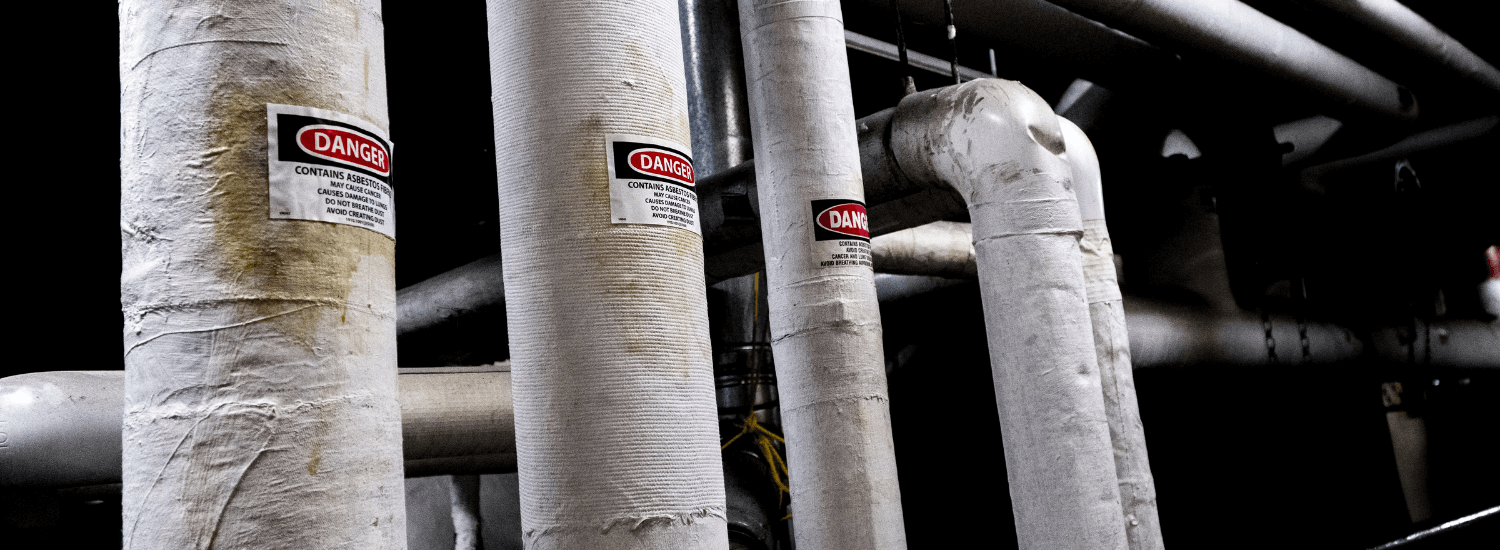How to get the correct business insurance
Having the correct business insurance can protect a company’s people, assets, income and reputation.
All businesses need insurance, but there isn’t one universal policy for all businesses. That’s because the cover required will depend on many factors including the business type, sector, industry and size.
So how do businesses get the correct insurance?
Start by understanding your risks
The most important factor in choosing the correct insurance policy for a business is to understand the risks it faces.
Every business varies so it’s important to identify the specific risks applicable to you. Consider the events which could cause a loss or disruption to your business such as a fire, natural disaster, a data breach, burglary machinery breakdown or legal action.
It’s also useful to evaluate your risk appetite. By attributing a dollar value to certain risks and trying to understand the financial burden each risk may deliver, you can better determine the potential effect on your bottom line.
For example, not only consider the replacement cost of a critical piece of machinery, but also the knock-on business interruption costs.
“Business owners accumulate assets over a period of time and they can have a general understanding of the costs they bear,” QBE Insurance Head of Product Commercial Lines, Russell Derrick explained.
“But businesses change over time, which means there are many impacts to the cost of replacement for critical parts of the business – which may also change.
“For example, the impact of exchange rates and inflation, but also the emergence of technology, which means you may not be able to replace what you lost after an incident with the same item, product, process or even business model. This could leave you underinsured,” he added.
Underinsurance or having the incorrect insurance can determine whether a company remains open for business.
In Australia, 12.8 per cent of small to medium-sized businesses (SME) are uninsured, according to The Insurance Council of Australia’s (ICA) 2015 report on non-insurance in the SME sector. While this rate significantly improved compared to 25.6 per cent based on the ICA’s 2007 report, SME under-insurance is prevalent, but it can be avoided.
Know your legal obligations
There are two forms of insurance that are compulsory by law for most Australian businesses.
Remember that every state and territory operates different schemes for both forms of compulsory insurance.
- ACT: WorkSafe ACT
- NSW: SafeWork NSW
- NT: NT WorkSafe
- QLD: WorkSafe.qld.gov.au
- SA: SafeWork SA
- TAS: WorkSafe Tasmania
- VIC: WorkSafe Victoria
- WA: WorkCover WA
Types of business insurance explained
Insurers often bundle their business insurance products into business packages which will meet the typical needs of a number of industry or sector-specific businesses, for example, cover tailored to tradespeople, professional services providers or commercial landlords.
A business insurance package is usually designed for small to medium-sized businesses because it bundles a variety of broad coverage and can be cheaper than buying multiple separate policies.
Incorporated within business insurance packages is protection for risks ranging from income interruption, property damage or loss, to government investigations or prosecutions and third-party injury or property damage from business operations or products.
Talk to an expert broker
As business insurance experts, brokers can find the policies that best meet your business needs. How do they work? They’re best described as licensed individuals or firms that serve as intermediaries between insurers and business owners to negotiate insurance policy contracts.
Brokers are often viewed as professional trusted advisors and can offer strategic risk management for business. They can also help business owners who operate in niche sectors with specialised insurance needs that might not be included in a package, for example, bed and breakfasts or 24-hour convenience stores.
How to buy business insurance
Business insurance is bought through brokers. If you don’t have a reliable personal recommendation, the National Insurance Brokers Association (NIBA)* can help you find an accredited broker.
*The brokers on this site are not employees or agents of QBE, but are independent entities. QBE is not responsible for any advice provided to you by any broker on this site. Any such advice is the responsibility of the broker concerned.









